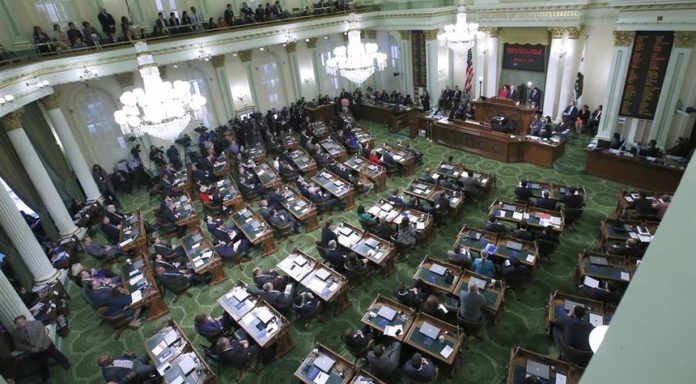Judge John C. Sullivan of the Los Angeles Superior Court ruled that the law requiring women to sit on corporate boards is unconstitutional.
Jerry Brown, the then-governor of California, signed the bill into law in 2018. But it was obvious to most constitutional scholars from the outset that the law didn’t have a prayer of surviving a court test. It violated the equal protection clause of the California and U.S. constitutions by mandating a gender-based quota. Another similar law that required racial representation on boards for corporations was overturned by the court last month.
California’s radicals have been disappointed by the ruling.
Associated Press:
Toni Atkins, a San Diego Democrat, said “the ruling was disappointing. It serves to remind us that sometimes our legalities don’t match our reality. ”
Atkins stated, “having more women on corporate boards results in better business decisions and higher performance than the competition”.
Our “legalities” are, in case you hadn’t noticed, our “reality”. They don’t match the fevered imaginations of left-wing radicals.
It is acceptable to recognize past injustices even if numerical quotas are not applicable. Atkins believes that the solution must be compatible with existing law.
The state-supported the law and argued that it was constitutional as it reversed discrimination that favors women. The law was also adopted after other measures had failed.
Although the law could result in severe penalties for failing to file an annual return and complying with it, the chief secretary of state’s office admitted that it wasn’t toothless during the trial.
Betsy Bogart said that no fines had ever been imposed or intended to impose them. Alex Padilla, the former Secretary, wrote to Brown warning him that it was unlikely that the law would be enforced.
This law did not address the issue of a shortage of women on corporate boards. The government attempted to force private companies into implementing a social policy that the Democrats knew would fail legal scrutiny.
This was not the first attempt of the Democratic legislature in California to intimidate private businesses.


